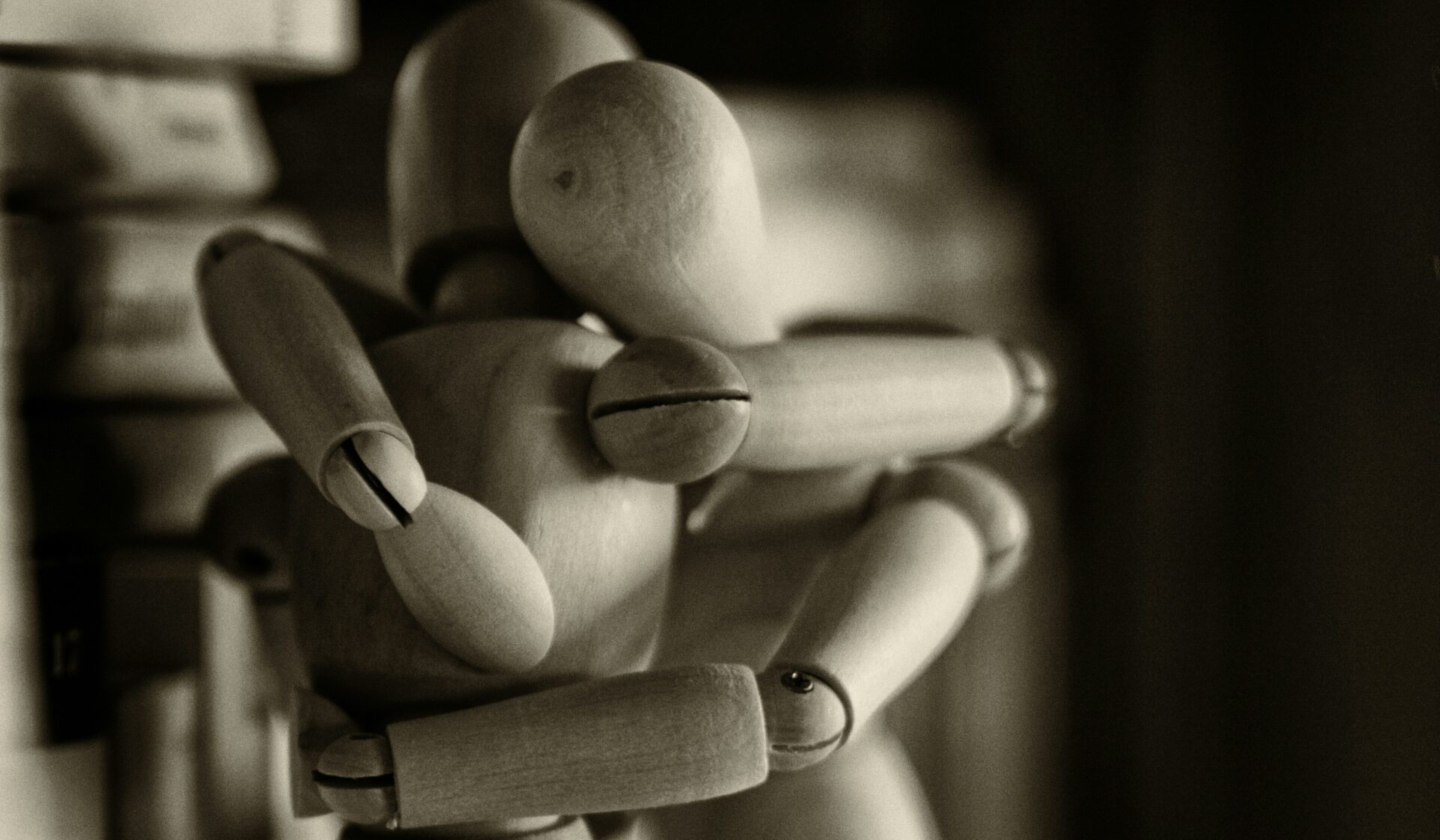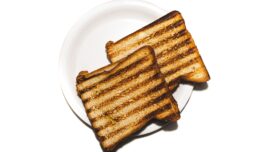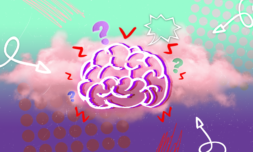As the world grapples with a mental health crisis post-pandemic and in light of findings that record numbers of people are now suffering from anxiety, scientists have been looking for new ways to treat the condition. According to a recent study, hugs are one such solution.
The world is grappling with a mental health crisis.
In Europe, antidepressant consumption has more than doubled in the last 20 years and, according to WHO, the global prevalence of anxiety increased by a massive 25% in the first year of the pandemic.
Not only this, but according to Mind, eight in 100 people in any given week in England will experience mixed anxiety and depression. This number went up to 17.4% for those aged six to 19 UK-wide in 2021.
Characterised by excessive, persistent, and unrealistic worry about everyday things resulting in fear, persistent stress, and a constant feeling of being overwhelmed, approximately 10% of US adults are currently diagnosed with it.
This is unsurprising considering that people have a lot to be anxious about at the moment, amid armed conflicts, climate change, low employment rates, and a rising cost of living.
Fortunately, spaces encouraging conversation are becoming increasingly widespread. Improved dialogue has opened doors to new, more diverse treatment, with greater research into causes, symptoms, and possible support options now prevalent.
In an effort to pivot away from traditional quick-fix prescriptions, some experts are branching out and examining other alternatives beyond just therapy.
We’ve seen Canadian healthcare practitioners tell patients to immerse themselves in nature, researchers verify that music is as beneficial for mental health as exercise, and UK scientists begin looking into how swimming in cold, open water could potentially replace antidepressants in the near future.
More recently, science has confirmed that the sensation of touch can reduce pain, depression, and anxiety. Providing benefits for both the body and the mind – whether it’s a hug, via the caress of a weighted blanket, or even if it comes from a robot – touch, it seems, is really good for us.




















